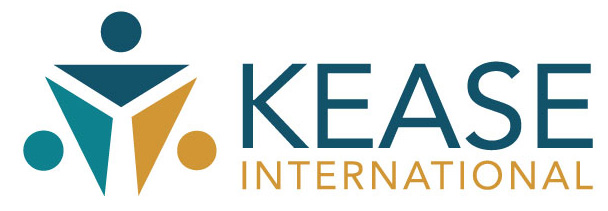The importance of cultural awareness
Did you know that in Japan the most senior person tends to lead the business conversations, and it is not uncommon for their colleagues to hardly speak at all. Whilst in Australia communication is often friendly and relaxed, but it can be direct and to the point.
For a leader, being aware of, and understanding the national cultures of their team (and clients/ customers) will have profound impact on their success.
But what is culture?! Hofsteade describes culture as: “the collective programming of the mind that distinguishes the members of one group or category of people from others” and that “National Culture cannot be changed, but you should understand and respect it.” (2) – an important message as too often leaders try to fight and change a way of doing things, rather than accepting, understanding and compromising.
Hofsteade’s model of national culture consists of 6 dimensions which represent independent preferences for one state of affairs over another that distinguish countries (rather than individuals) from each other. (2)

Source: https://www.cleverism.com/understanding-cultures-people-hofstede-dimensions/
How culturally aware are your leaders?! Here are our top tips to being culturally aware to successfully lead across borders. Share these with your leaders today!
- Develop your culture intelligence – make a conscious effort to understand differences in culture. Learn about other cultures, understand how business is done, how success is measured, how people typically behave – and why. For example, in certain countries it is seen as disrespectful to disagree with your boss. Which is very different from other collaborative cultures and can be challenging when you would like to get the honest opinion of your team. There are different techniques and tools you can use to gain trust and seek the information you need. It almost always comes down to relationships and acceptance that your team may not challenge you in the way that your own culture might. Being agile and flexible is key!
- Be curious with your team members – ask questions, make an effort and show a genuine interest in understanding the country culture of your team member. Relationship building is even more important with a different culture and when working remotely. Find something in common – food, sport, travel, work, family, etc. Be conscious of certain cultural norms for example not eating certain food or drinking alcohol but don’t avoid – ask questions and show an interest.
- Cultural awareness training and support – undertaking cultural awareness training is essential. There are many tools out there where you can complete online training and compare your culture with another or understand top tips for working in another country. Team cultural training is invaluable in helping a cross cultural team to bond and understand how to work best with each other.
- Clarity of the ask – one of the biggest miscommunications that we hear of is when you ask someone to do X and they do Y. This challenge isn’t directly relating to national culture! It is always good to clarify the ask – encourage your team members to repeat back to you what you have asked them to do and then work through any differences in understanding and give clear deadlines.
- Do your research – when running a meeting or workshop for your team, do your research. There are some great resources available which compare working styles and business etiquette in different cultures. Or download our guide of questions to ask when exploring working with another culture. For one of our associates, running client workshops in China and Malaysia was both exciting and nerve wracking. You can’t assume that what works in one country, will work in another. Our associate did her research, spoke to local colleagues whom she had a relationship with and had back up plans to ensure interaction. We recommend not only considering culture but also thinking about language (the workshop in China was in Mandarin!), learning style and communication style.
- Consider personality – now that you are culturally aware, it is easy to make assumptions that all people from a certain country will act in a certain way. Which is not the case! Remember that everyone is an individual person with different views, preferences and styles. Having this human centred approach to leadership will enable you to build strong relationships, bond and perform as a team.
We hope you find these tips helpful and share these with your leaders.
References:
1 https://richtopia.com/effective-leadership/how-business-etiquette-is-different-in-different-cultures
2 https://hi.hofstede-insights.com/national-culture












